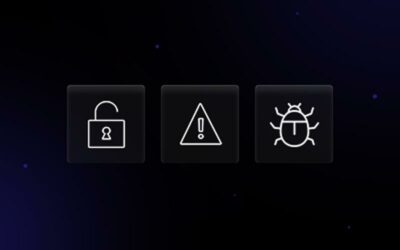Plenty of routine tasks have become easier thanks to technology development. Take smart home automation systems as an example. These smart tools help save plenty of time on minor tasks and dedicate this time to something more important, like building your own businessman profile or spending time with your loved ones. Smart home automation tools can also help us take better care of people we love. Below are the top smart home solutions for seniors and their caretakers – these systems can ensure everyone is safe and comfortable.
FIRST THINGS FIRST: MEDICAL MONITORING & REMINDERS
No doubt, biomedical monitoring devices and wearables are not an example of smart technology for homes, but they are very important when caring for seniors. Wearables monitor any patient’s condition 24/7 and send timely alerts to caretakers if a condition worsens. Besides, these smart devices store medical data and can be used by hospital staff for better diagnostics.
Medical reminders can be customized to any patient’s condition and send alerts when the next pill is due. Some of those reminders are very basic, but others can be quite smart. For example, some monitors support imaging and video so that caretakers always know the senior has not mixed any pills and has taken the right medicine at the right time.
With these medical basics covered, let’s move on to the actual smart home technology that makes seniors’ lives so much easier.
SMART HOME HEATING SYSTEMS
Controlling the temperature in a large house can become a challenge, especially for older people with reduced mobility. Instead of running down to the boiler room, it is possible to control room temperature from the comfort of your own bed or while sitting in front of the TV. All it takes is a click on a smartphone or a tablet. Some of these remote heating systems can even be voice-controlled, which is a great perk for seniors who have difficulty mastering new technology.
SMART HOME LIGHTING AUTOMATION
Automatic motion sensors in dark areas (staircases, hallways, etc.) can help prevent accidents and increase seniors’ life quality. This smart home automation tool is a must for everyone who wants to stay comfy and safe. Some smart home lights can be controlled with voice commands or over a smartphone app. The smartest solution would be to have automatic motion sensors in accident-prone areas and install voice-controlled lights in rooms where accidents are less likely.
SMART HOME LEAKAGE SENSORS
Another great example of smart sensors is smart home systems that make life safer and easier by monitoring water, gas, and smoke leakages. Smart homes technology monitoring gas and smoke can make all the difference between life and death. Whenever a leak occurs, the system will either give a sound alarm or send a notification to an app. The latter is more effective since it informs not only homeowners but also their caretakers. Besides, sound alarms may not be of any use in a large house or for seniors with impaired hearing.
Monitoring water leakages may not seem so important as keeping an eye on gas and smoke. Still, a timely reaction to a pipe leak in the wall can save quite a lot of money on pipe repairs, changing the damaged wiring, or buying new household appliances.
SMART HOME CONTACT SENSORS
This smart home technology of the future is designed for seniors with dementia. Contact sensors work as an invisible fence – caretakers only need to set the perimeter, and they will get a notification whenever their senior walks off. Sure, it does sound a bit prisoney, but the sad truth is many elders do have a high risk of wandering off and forgetting their way home. So, this tech could be well worth it.
Finally, one can make use of more or less standard smart home solutions – security systems, for example. Those include voice and video monitors and smart security cameras keeping track of everyone who’s coming and going. This smart home tech takes seniors’ safety to a new level and keeps caretakers informed of any potentially dangerous incidents. As you can see, there are plenty of smart home systems that can help take better care of our seniors – one only should consider the best combination for seniors’ particular needs.



